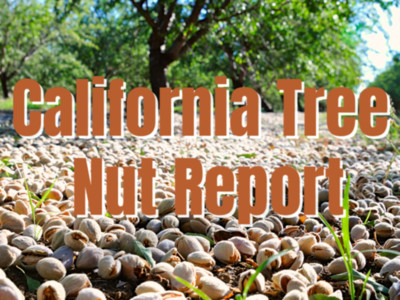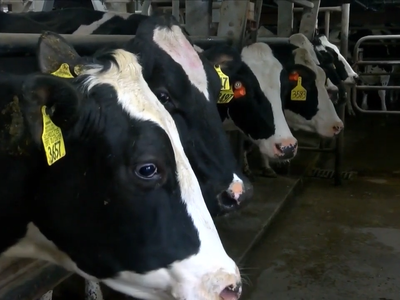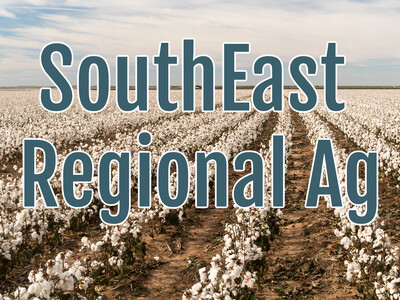Port Congestion Hurting Rural Economies
Port Congestion Hurting Rural EconomiesI'm Lacy Gray with Washington Ag Today.
While labor contract negotiations continue between the Pacific Maritime Association and the International Longshore and Warehouse Union containers full of perishable crops from around the Pacific Northwest sit and wait for shipment at Northwest ports. The Washington Potato Commission's Director of Government Affairs, Matt Harris, gives us an idea of the broad export footprint that Washington potatoes alone have.
HARRIS: In 2013 from all Washington ports, not just the ports of Seattle/Tacoma, roughly $927 million of potatoes - that would include your frozen processed potatoes, dehydrated, chips, fresh - moved through that system. So when you look at slowing down the ports through Seattle/Tacoma it really has backed up our ability to move our food to the world.
Impact felt from the port congestion is widespread.
HARRIS: Reports I'm hearing now it's across the board. So, small family owned businesses in the Columbia Basin are struggling with the current situation. A few containers are moving, but not at the capacity of what it was before the slow down. That capacity could have been for some 40 containers a week, others up to 70 containers a week and now they're moving just a handful. So it is really hurting our rural economies in Washington state.
On Monday Harris will talk about how the delayed deliveries of potatoes and other produce to foreign buyers could cause Washington growers and suppliers to lose credibility with importers in foreign markets.
That's Washington Ag Today.
I'm Lacy Gray with the Ag Information Network of the West.

















